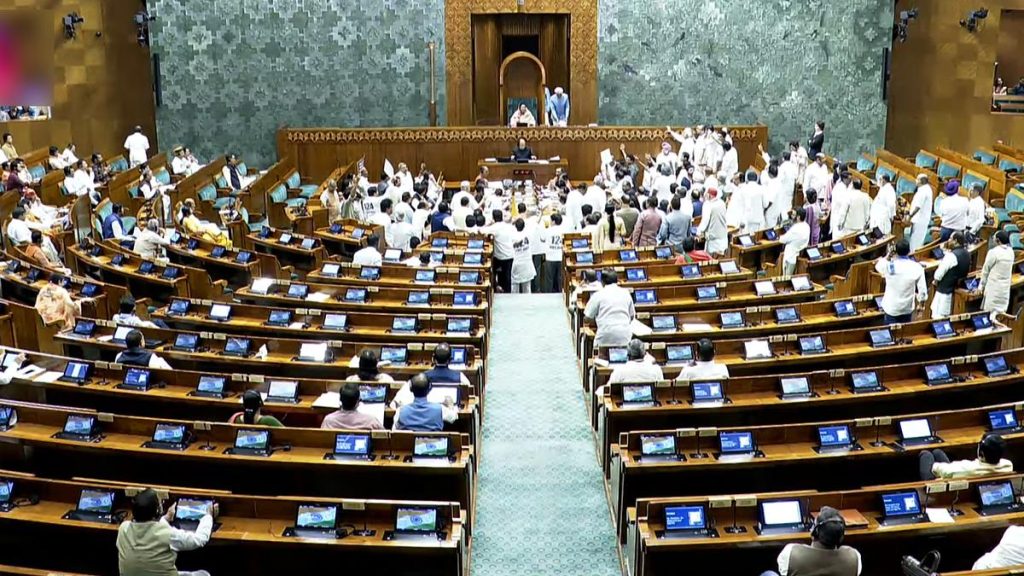Now Reading: Advertisers Call BBMP’s New Ad Policy ‘Monopolistic
-
01
Advertisers Call BBMP’s New Ad Policy ‘Monopolistic
Advertisers Call BBMP’s New Ad Policy ‘Monopolistic

Quick Summary
- The Bruhat Bengaluru Mahanagara Palike (BBMP) has lifted a seven-year ban on hoardings to auction advertisement rights, aiming to generate ₹500 crore in revenue.
- A new advertising policy was introduced by the Karnataka government, but advertisers voiced dissatisfaction over rules perceived as favoring large and outside firms.
- Pre-bid meeting concerns included a cumbersome process for obtaining No Objection Certificates (NOCs) and tight deadlines for submission of tender forms before august 25, 2025.
- Bidders must obtain fresh rights and submit business records to BBMP’s advertisement department for verification. This process is viewed as time-intensive by local companies.
- Advertisers claim new entrants from outside Karnataka gain an advantage due to not requiring previous track record submissions with BBMP.
- Only eight companies will be granted advertising rights across the city; each zone will go to one company, which critics say favors monopolistic practices benefitting large players.
- Winning bidders must pay an upfront fee five times the bid amount, adding financial pressure that excludes smaller firms from participating competitively.
- Restrictions include prohibition of advertising on public spaces like footpaths or trees; advertisers must negotiate space with private property owners instead.
- Allegations surfaced that Public Private Partnership agreements with certain vendors have reduced bidding opportunities further.
- BBMP remains firm on its decision despite criticism in pre-bid meetings; officials cite environmental considerations modeled after Delhi’s Supreme Court-approved policies.
Indian Opinion Analysis
The reopening of Bengaluru’s advertisement space showcases potential revenue growth for the city’s civic body but has raised valid concerns from stakeholders regarding equity and accessibility in participation. While local businesses argue that stringent processes and tight deadlines hinder fair competition-especially as newcomers are perceived to have advantages-the policy’s focus appears geared toward consolidation of advertising operations under fewer entities. This approach could lead to monopolistic tendencies, excluding smaller players who lack deep financial resources.
Additionally, environmental considerations such as bans on advertisements on trees or footpaths align well with sustainability goals but may limit flexibility within public-oriented campaigns. Property-owner negotiations for ad placement could create additional operational complexity while diminishing bargaining power at individual levels.
With parallels drawn between this framework and Delhi’s Supreme Court-endorsed standards, it truly seems apparent BBMP intends higher regulatory oversight-tho accommodating small-scale enterprises more effectively might offer a balanced path forward without compromising transparency or efficiency. As implementation progresses through technical bidding stages scheduled shortly, continued scrutiny can assess how unexpected barriers impact outcomes across industry dimensions ranging regional cross-state dynamics competitiveness inclusivity alongside revenue preservation strategies forwarding thorough agenda future regulatory ethics ecosystems advancement equilibrium stakeholder interests collectively ensuring accessible aligned economic flourishing frameworks intact participatory systems inclusions optimizing balanced standpoints judgements!*585char3balancedchoicebasisintelligent+userfinalstructurewordהא48Uz9-uppercase/analysisfeedback.txt!
Click here for read more























